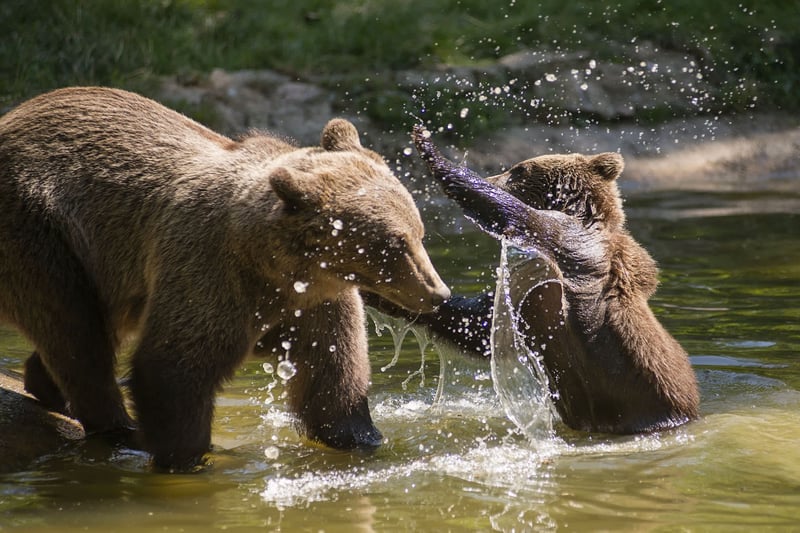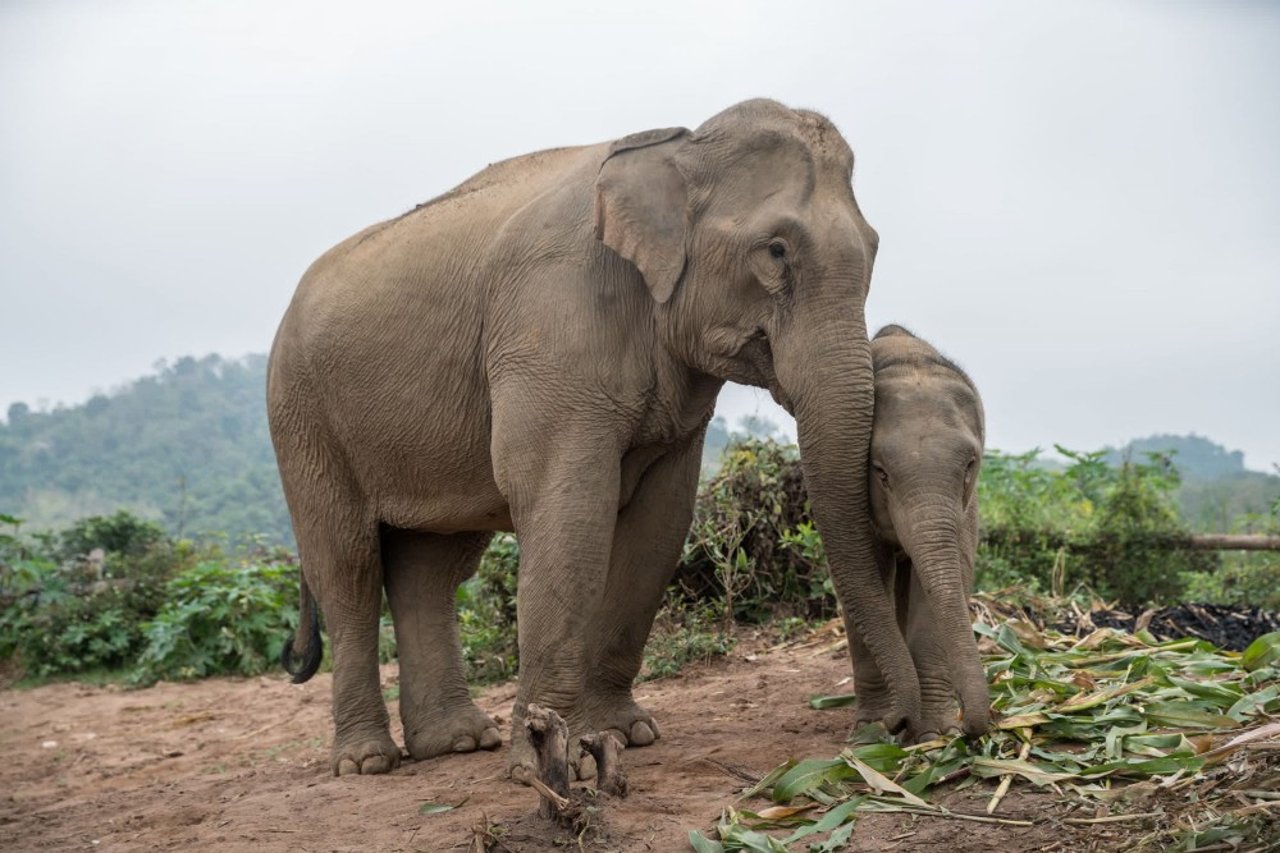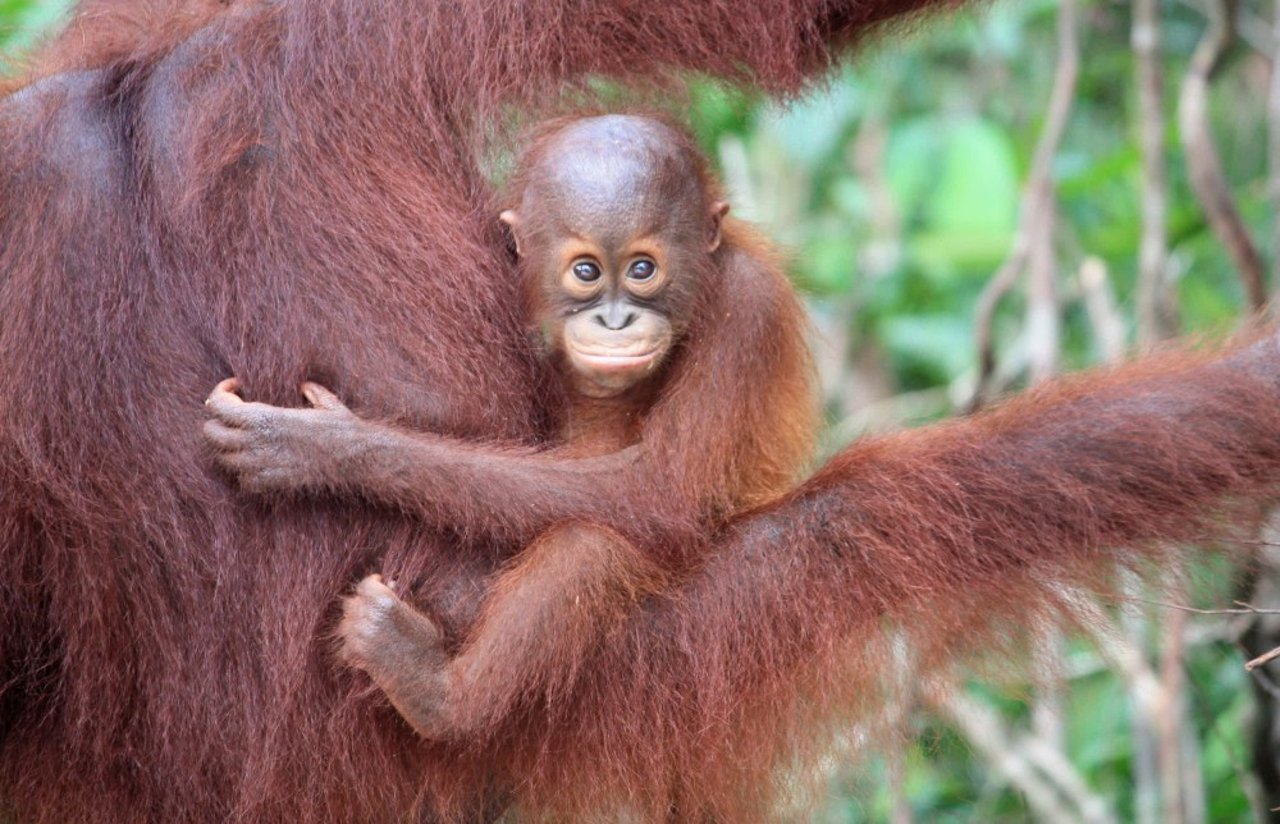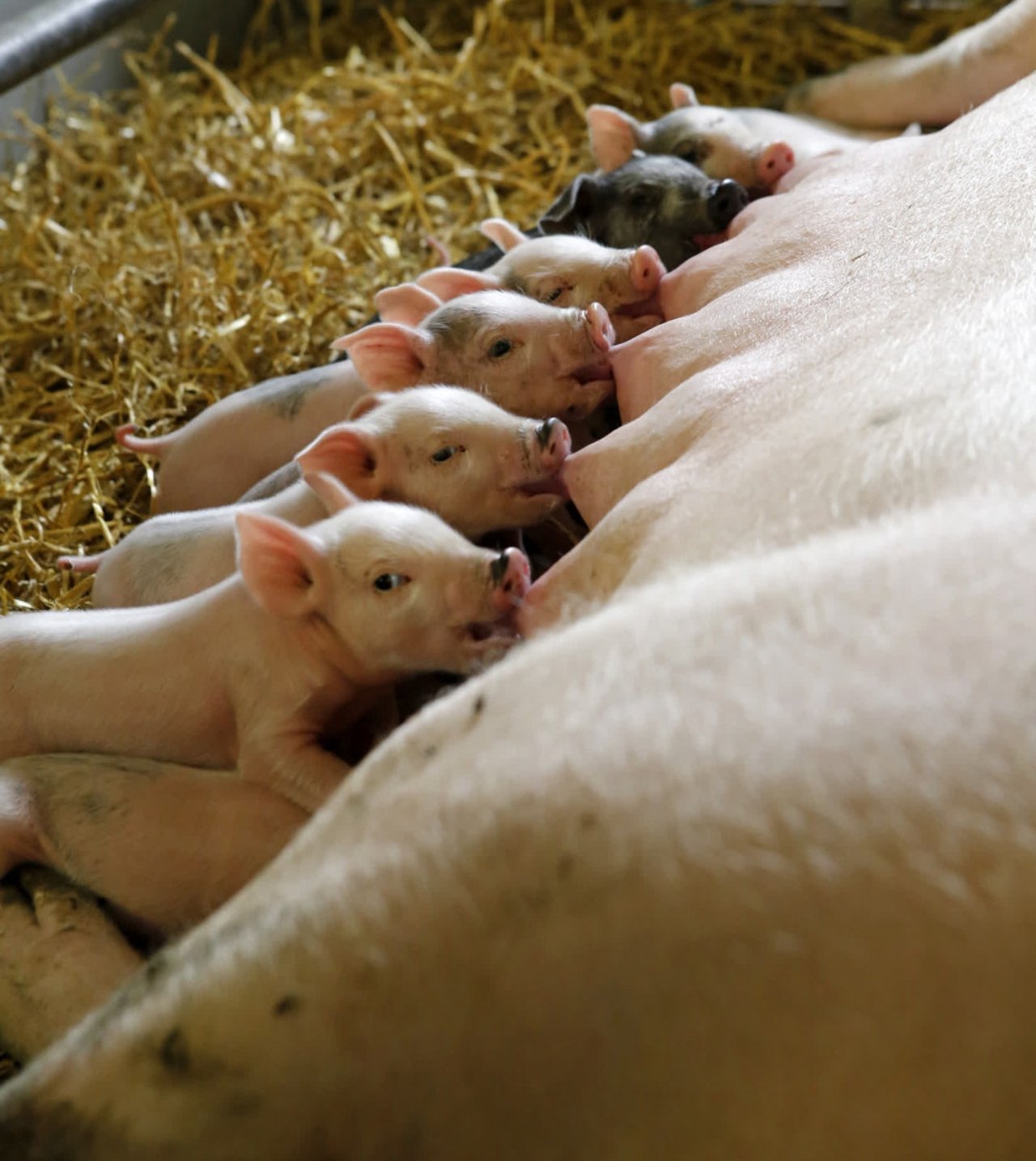
Why Mother Nature is such a good Mum
News
Mothers are the Invention of Necessity. That’s how the saying should go; because we all need our Mums. Animals included. So, with Mother’s Day approaching, we’re highlighting and celebrating some other mothers from the animal kingdom.
Let’s start big. Of all land animals, elephants give birth to the largest babies – with newborn calves weighing in at over 100kg. This eye-watering fact is made more remarkable when you consider that (rather than a gestation period of nine months) these mums carry their babies around for 22 months! Now THAT is the mother of all pregnancies; and another impressive world record.
Image credit: World Animal Protection/Nick Axelrod
Mother knows best
At birth, baby elephants have poor eyesight; so, they must identify their mother through touch, scent, and sound. They are very dependent. The upside for elephant mums is that they do get help from the friends and rellies once the baby arrives.
Elephants live in a matriarchal society. Other females in the herd will help a calf to its feet after birth. These females, known as “allomothers”, then continue to help raise the calf. Offspring are taken care of for up to five years; helping to make the relationship between mother and baby elephant the closest of any animal on earth.
The bond between an orangutan mother and her young is also one of the strongest in nature.
For the first four months, contact between mother and infant is never broken. And, during its first two years of life, a baby orangutan relies entirely on its mother for food and mobility.
A labour of love
Every night, an orangutan mother will construct a new sleeping nest using branches and leaves. A skill she will eventually pass on to her young, along with food gathering techniques.
Incredibly, she never puts her baby down, piggybacking her infant from tree to tree. Breastfeeding them until they’re around five years old; and nursing them until the age of six or seven. It’s the longest dependence of any animal on Earth. With such a full-time, long-term commitment, it’s little wonder that female orangutans only give birth every eight years or so.
Orangutans, especially females, remain highly attached to their mothers well into maturity. Females have been known to pay a visit to their mothers until they reach the age of 15.
(So, now there’s no excuse for you not to send your Mum a card on Mother’s Day.)
A mother's instinct - Mums just know
Along with elephants and primates, pigs are not only highly intelligent, they also make great mums. They even recognise their own piglets’ calls. In a study where mother pigs (known as sows) were played recordings of piglet sounds, they responded more strongly to the calls of their own offspring than those of unfamiliar piglets.
Newborn piglets also learn their mothers’ voices, their place in the litter hierarchy, and choose a favourite teat all within hours of being born. At two weeks of age, they can even recognise their own names. Piglets are so attached to their mothers they scream in distress when they’re separated from them.
It's not just human mums who sing to their young
Did you know that mother pigs have even been known to 'sing' to their young whilst nursing?
Pigs are clever, naturally social creatures. In a similar way to female elephants, wild pigs also live in matriarchal groups of two to six adult mothers with their offspring. It’s a perfect example of mums learning from, and looking out for, each other.
So many different animal species around the world – especially other mammals such as bears, dogs, and dolphins – make the most devoted mothers. Often sacrificing their own needs, wants, and wellbeing to provide for and protect their young. Does that sound familiar?
Love your Mum? Check out some Mother's Day gift ideas that help animals as well.
Mother pigs have even been known to ‘sing’ to their young whilst nursing.


